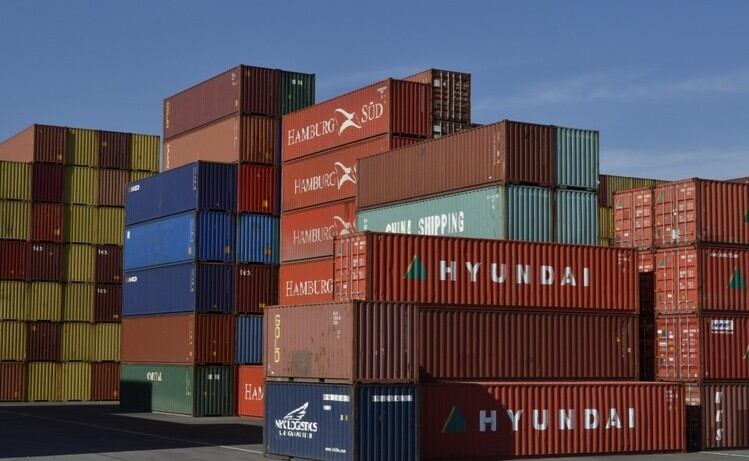Jacob Rees-Mogg today (28 April) announced that the Government will not be implementing any further controls on EU goods being imported the Britain this year. This would have included sanitary and phytosanitary checks on fresh produce and the requirement for safety and security declarations on EU imports.
A letter penned by Rees-Mogg explained that the Government would instead be accelerating its transformative programme to digitise Britain’s borders, harnessing ‘new technologies and data to reduce friction and costs for businesses and consumers’.
“Introducing controls in July would have replicated the controls that the EU applies to their global trade,” he added. “This would have introduced complex and costly checks that would have then been altered later as our transformation programme is delivered. The challenges that this country faces has underlined that this is not the right thing to do for Britain.”
No further controls
No further import controls on EU goods will be introduced this year and businesses have been assured that they can halt their preparations for the changes planned for July.
“We will publish a Target Operating Model in the Autumn that will set out our new regime of border import controls and will target the end of 2023 as the revised introduction date for our controls regime, which will deliver on our promise to create the world’s best border on our shores,” Rees-Mogg continued.
“This new approach will apply equally to goods from the EU and goods from the rest of the world. It will be based on a proper assessment of risk, with a proportionate, risk-based and technologically advanced approach to controls.”
The Scottish Association of Meat Wholesalers (SAMW) said the dithering on the implementation of essential sanitary and phytosanitary controls was exposing Scotland’s ‘beleaguered’ pig sector to potentially devastating disease risks.
Threat of swine fever
Martin Morgan, SAMW executive manager, said: “Unchecked imports are adding to the very real threat of African Swine Fever being introduced into the UK from infected stock sourced from Europe, or via travellers bringing contaminated pork products into the country.
“The UK government’s decision to once again delay the full implementation of import controls, possibly until next year, is a gross neglect of the health of Scottish pig industry. Pig producers urgently need their national Government to step up and take action on this issue – otherwise, we could easily be facing catastrophic problems.”
The Food and Drink Federation (FDF) had a more positive outlook. While businesses had already spent the money preparing for the rules to come into affect, removing them meant there would be one less thing to worry about in a world beleaguered by pandemics, war and financial crises.
Head of International Trade at the FDF Dominic Goudie said: “In this context, while businesses have already spent a good deal of time and money preparing for the new border regime, we welcome the clarity today's announcement brings.
Genuine benefits
“The UK Government must now work with industry to design a new, modern and innovative border system which brings genuine benefits to businesses and consumers.
“As part of this, it's critical that real changes are made to the way sanitary and phytosanitary certification is completed, rewarding trusted and high standard traders and making groupage far easier.”
Nigel Jenney, chief executive of the Fresh Produce Consortium (FPC) said the proposed approach to border management would result in a positive outcome for a majority of the industry – cutting red tape and saving about £1bn.
“For fresh produce, we anticipate – based on the risk assessments planned – levels of inspections could diminish and that any new processes reward responsible businesses with a light touch approach to avoid unnecessary costs and delays.
“The Government’s decision to adopt Border Control Posts remains a serious concern as they will add considerable cost and delay to supply chain if used in the future. FPC would instead prefer to see a trusted trader scheme where responsible, approved businesses are allowed to do checks for themselves.”





